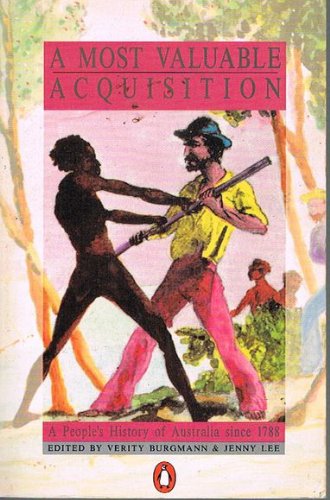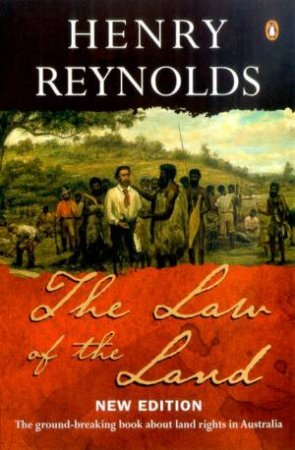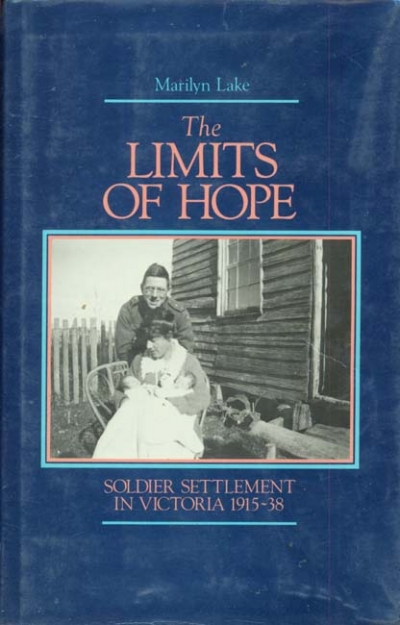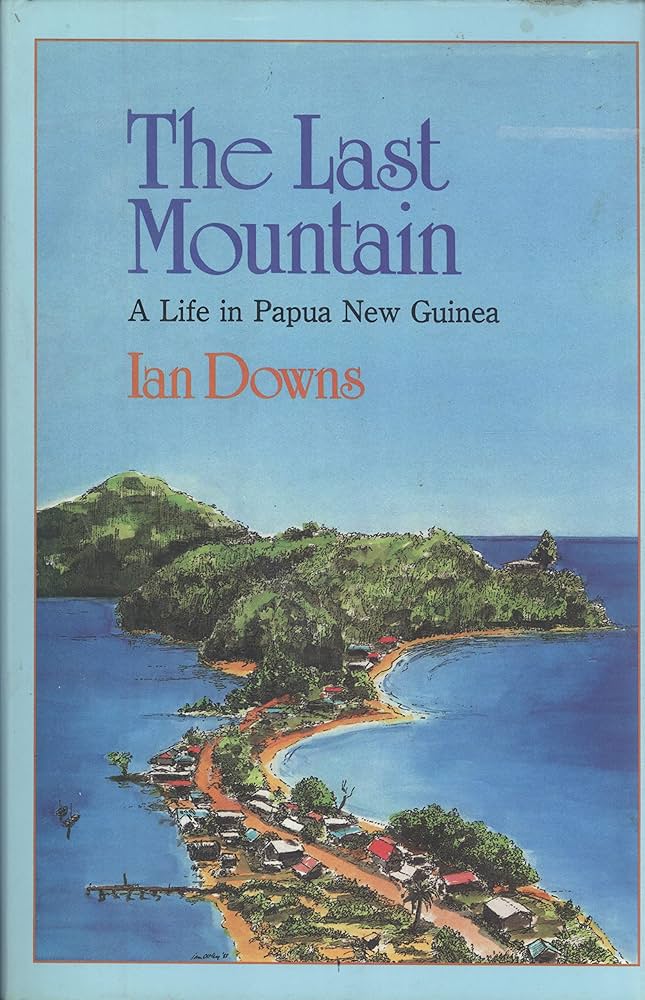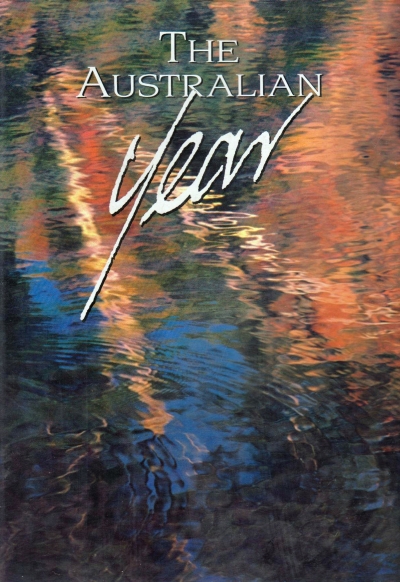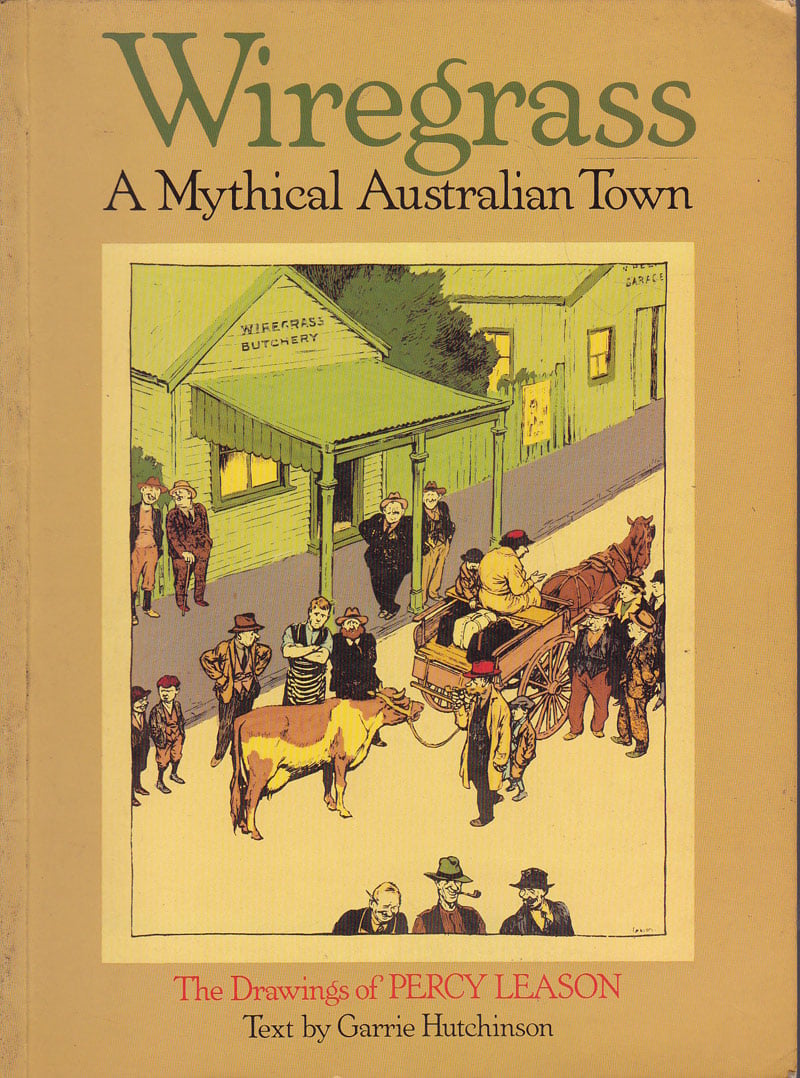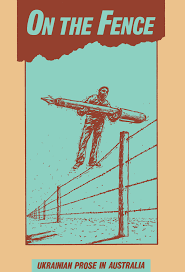History
A Most Valuable Acquisition: A People’s History of Australia since 1788 edited by Verity Burgmann and Jenny Lee
Women’s fashions change every year. History fashions change every decade. When I was at school and at University history books told me to be grateful for being British. Out on the streets I was told ‘Buy British and be proud of it!’. Times change, brother – as Colin Cartwright, Barry Humphries’ creation, pointed out. Now, in the season of the sere and yellow leaf, I am asked to read a history quite different from what I read when young.
... (read more)Less than a week after the publication of this book, the federal government gave notice that it intended to give legislative recognition to its major thrust – that is, the government said it would acknowledge that Australia’s aborigines once owned Australia.
... (read more)The Limits of Hope: Soldier settlement in Victoria 1915–1938 by Marilyn Lake
‘The settlement of returned soldiers on cultivable land,’ wrote Ernest Scott in Volume XI of the Official History of Australia in the War 1914–1918 (1936), ‘is one of the most ancient policies of governments after wars.’ Soldier settlement in Australia after World War I is a major instance of a practice dating back as far as Assyria in the thirteenth-century BC. In early twentieth-century Australia, the need to raise an army entirely from volunteers, and the insatiable demands of modern war, made soldier settlement as much an inducement of recruitment as a means of calming things down afterwards, its traditional function.
... (read more)The last decade or so has seen a spate of books and films about the days of British colonialism. While much of this outpouring has been critical of aspects of those days, it is hard to avoid the sneaking suspicion that underneath it all lurks a fair amount of nostalgia. And here lies the danger in much of this material: it is one thing for colonial survivors to feel nostalgic (as it is hard for people to discredit important actions in their own lives); it is another for them to lure readers into sharing that feeling.
... (read more)The Ministers’ Minders: Personal advisers in national government by James Walter
The official myth of the relationship between the elected political leaders and the bureaucrats charged with the administration of their decisions has been that it is for the politicians to set the ends, choose the values, and for the bureaucrats to advise on the means for the implementation of those values. The bureaucratic advice is to be objective and impartial as bureaucrats are there to serve governments committed to very different political values. But the myth has not always fitted the reality; facts and values are not so easily distinguished. James Walter in The Ministers’ Minders: Personal advisers in national government documents the emergence of a new political role in Western parliamentary democracies from this inevitable gap between the administrative and executive arms of government; and he explores the implication of this both for traditional ways of understanding political decision-making, and the range of role options open to political activists.
... (read more)The Australian Year: The chronicle of our seasons and celebrations by Les A. Murray
The Australian Year looks like the dreaded coffee table book, yet another gloss on the national ‘identity’, backed by Esso, and fit for export only. Certainly, the cover picture of parroty water gives that impression, as do many familiar ones inside, though the main photographer, Peter Solness, does turn in some good homely details as well. Generally, the photographs stand like an avenue of plane trees, their density and hues changing with the seasons of Les Murray’s fully ripened, free-ranging text – which meets the high expectations we might be forgiven for holding when a major Australian poet, a well-versed country boy and populist by persuasion, an erudite and vernacular singer of the old and new, writes a book on a phenomenon as democratically inclusive and resonant as the seasons.
... (read more)From the beginnings of white settlement, Australia has had, an economy based almost entirely on rural production. The effects of a rural economy and population influencing broad social attitudes, not surprisingly, has resulted in a culture wherein the ‘up-country bushman’ and the legendary ‘outback’ are the very essence of this nation’s lore. And comedy has been a significant element of the lore. The early Australian writers ‘Steele Rudd’, Edward Dyson, ‘Banjo’ Patterson and Henry Lawson among many have celebrated some aspect of country life, as it was, with comedy; and so, of course, have the black and white artists working for the Australian press. Indeed, Australia today is the last remaining country observing her rural origins in graphic satire. One of the more significant twentieth century creators of Australian bush comedy was the magnificent pen-draughtsman Percy Leason.
... (read more)English Prose Fiction 1158–1700: A Critical History by Paul Salzman
Paul Salzman has wit and judgement. He knows his chosen period is usually thought of as a lean one for prose fiction; he is anxious not to be typed as ‘the indefatigable in pursuit of the unreadable.’ He sees himself as the cartographer of a largely uncharted region: his main aim is to give us an idea of what is there.
A writer in this situation would like to be able to report on neglected masterpieces. Salzman is too sensible to make extravagant claims: the claims he does make are the more believable because they are modest. If he fails to find a seventeenth-century rival to Clarissa or Middlemarch, he nevertheless turns up some long and short fictions that deserve to be better known than they are. Mary Wrath’s Urania, ‘a feminist reading of the romance form’ which exposes ‘the less salubrious underside of the courtly code’, is one. It is apparently the earliest published work of fiction written in English by a woman. (It was suppressed soon after publication because it allegedly played ‘palpably and grossly’ with the reputations of certain influential people whom it portrayed under fictional names.)
... (read more)As Professor Oskar Spate says in his Foreword, ‘Most Australians who have heard of Miclouho-Maclay at all have a vague idea that he was the first ethnographer to do serious work in New Guinea, a Russian with a warm human sympathy for native races’. In this sensitively written biography, Elsie Webster presents Maclay as a man of strong, complex and sometimes inconsistent character who packed a remarkable amount of work and adventure into his short life of forty-two years.
... (read more)Dmytro Chub, in his introduction to On the Fence: Ukrainian Prose in Australia, observes that ‘Although there are some fine novels set in Ukraine’s historical past and under Soviet rule, the period spent in Displaced Persons camps in Germany and the emigré experience in Australia has given birth to no more than a few short stories. While older writers sentimentalise about a lost past, younger writers do not wish to stir up the sensitive issues in the community.’ This is the problem of the anthology. While it may be admirable to translate into English Ukrainian writing, the act of doing so exposes the weaknesses of translator and writer. As long as the prose or fiction remains within the language context of the group, it gains from the common memory of things past, shared pain, shared loyalty, shared guilt. To the printed word is added associated experience. Set it into a new language, a different social context, and the word has to work much harder in getting things right.
... (read more)

